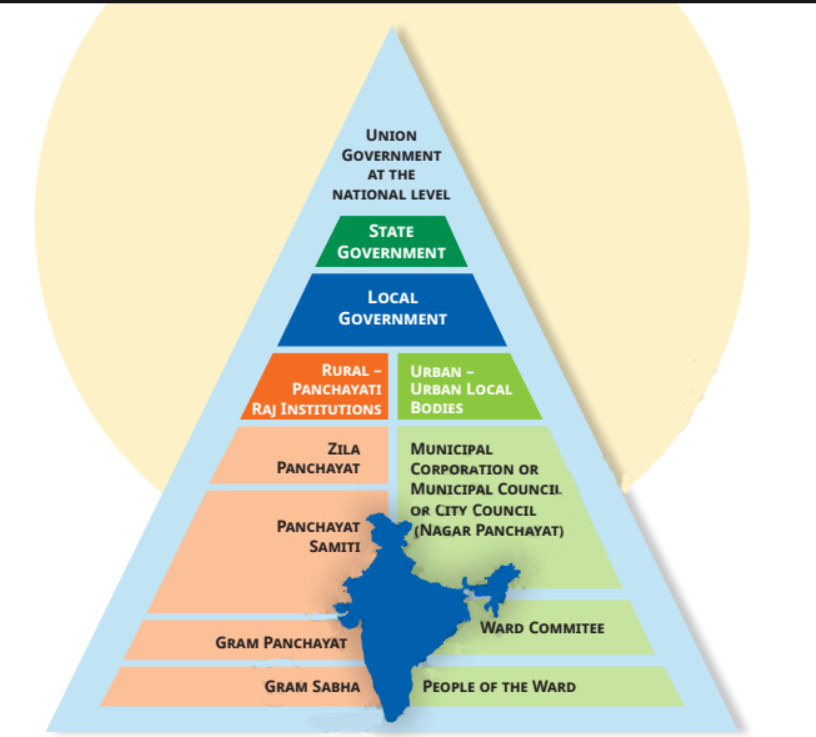Class 6 Social Science Chapter 12 Summary Notes PDF Download
FAQs on Grassroots Democracy – Part 3 Local Government in Urban Areas Class 6 Social Science Chapter 12 CBSE Notes - 2025-26
1. What are the key concepts covered in the revision notes for Grassroots Democracy – Part 3 Local Government in Urban Areas (Class 6 Social Science Chapter 12)?
The revision notes for Chapter 12 focus on urban local government structures like municipal corporations, municipal councils, and city councils. They summarise roles, responsibilities, and election processes in urban areas, and highlight important themes like participatory democracy and decentralisation as per CBSE 2025-26 syllabus.
2. How can students use these revision notes to quickly prepare for their exams?
These notes offer quick summaries of each important topic, simplifying complex ideas with straightforward points. Students can review key terms, functions of urban local bodies, and important structures to ensure efficient last-minute revision before exams.
3. Which core terms should students focus on while revising this chapter?
Key terms to pay attention to include:
- Municipal Corporation
- Municipal Council
- Ward System
- Decentralisation
- Nagar Panchayat
- Participatory Democracy
4. Why is understanding decentralisation important when revising for this chapter?
Decentralisation ensures that local communities have a direct say in managing their cities and towns, which is a central idea in this chapter. Recognising this concept helps students understand how urban governance is made more efficient and responsive to residents' needs. It is a likely theme in CBSE conceptual questions.
5. What are some practical examples students can use to better remember the functions of municipal corporations and councils?
Examples include urban waste management (garbage collection), maintenance of roads and streetlights, supply of clean water, and conducting local health campaigns. Linking these functions to local observations can help reinforce revision.
6. How do the revision notes connect different topics within the chapter for better retention?
The notes highlight how participatory democracy drives the election of municipal officials, how the ward system supports decentralisation, and how city councils coordinate various services. This concept map approach helps students see the interlinkages for stronger answers in exams.
7. What is the recommended order to revise important topics from this chapter using the notes?
Start with key definitions and terms (municipal corporation, decentralisation), then move to structure of urban local bodies, followed by roles and election of officials, and end with real-life applications and importance of citizen participation.
8. What higher-order questions might appear from this chapter, and how do the revision notes help address them?
Possible questions include how decentralisation improves urban management, or why citizen participation is vital in local government. The revision notes provide concise frameworks and practical examples to answer such application-based or reasoning questions effectively.
9. How should students approach last-minute revision for this chapter to maximise exam performance?
Students should focus on the concept recap sections, review key terms and their definitions, use the summary tables or topic lists, and self-test their understanding by recalling practical examples from their locality as discussed in the notes.
10. What misconceptions should students avoid when revising the structure of urban local governments?
One common misconception is thinking all urban local bodies have identical functions. In reality, the roles may differ across states. Another error is confusing the municipal corporation (for large cities) with municipal councils (for smaller towns). The notes clarify these differences for accurate revision.


























